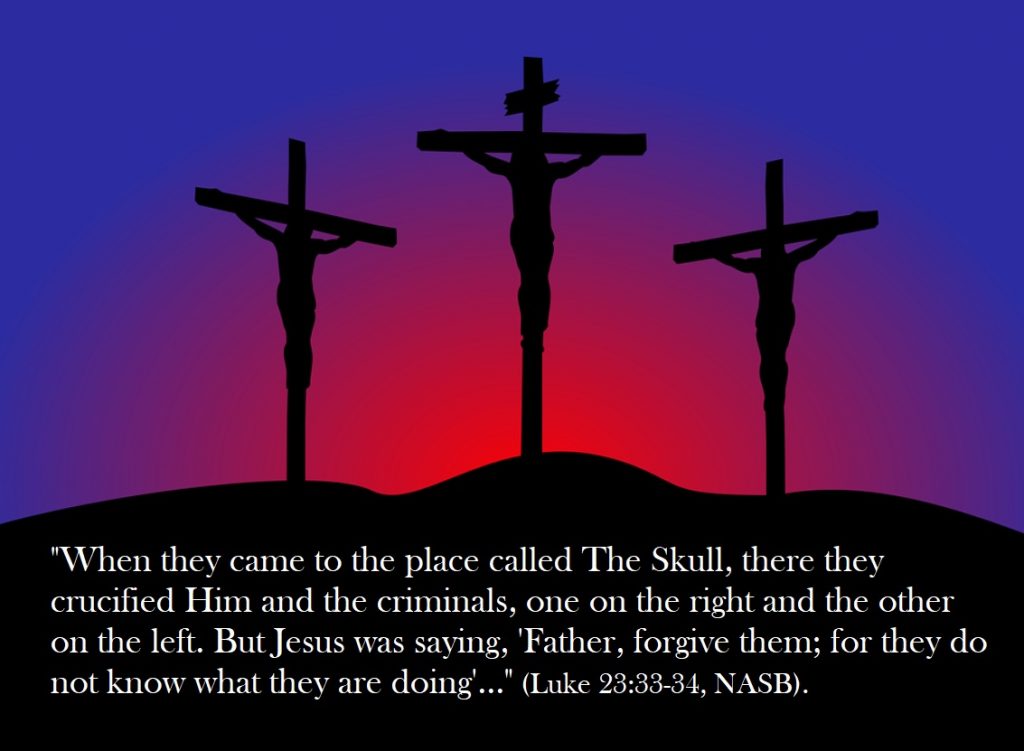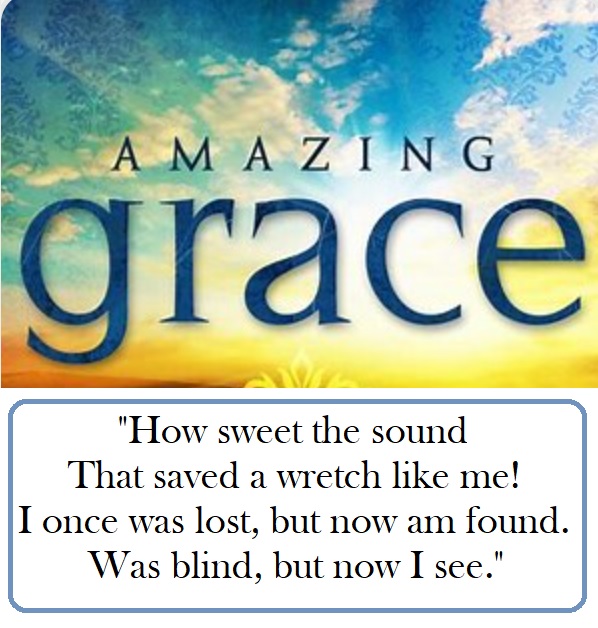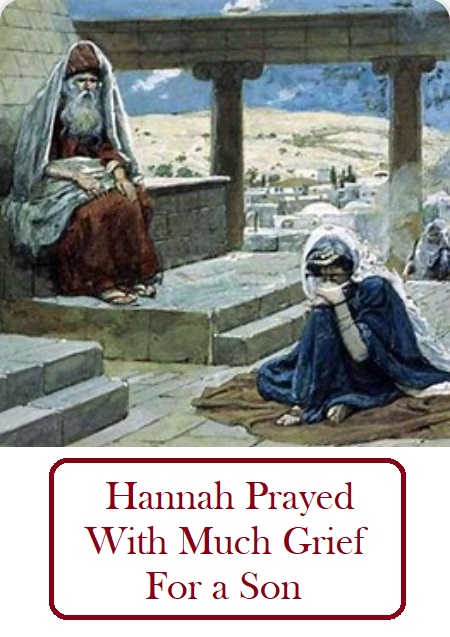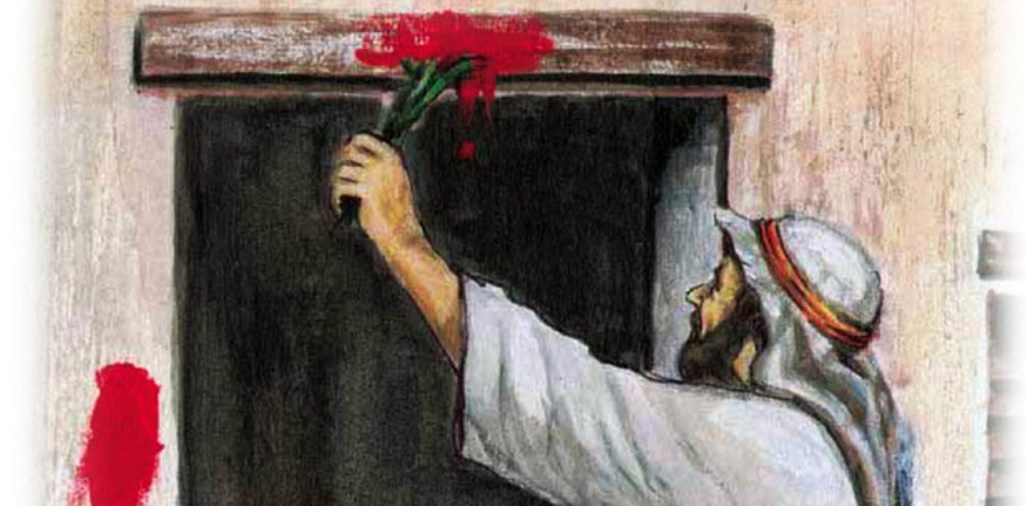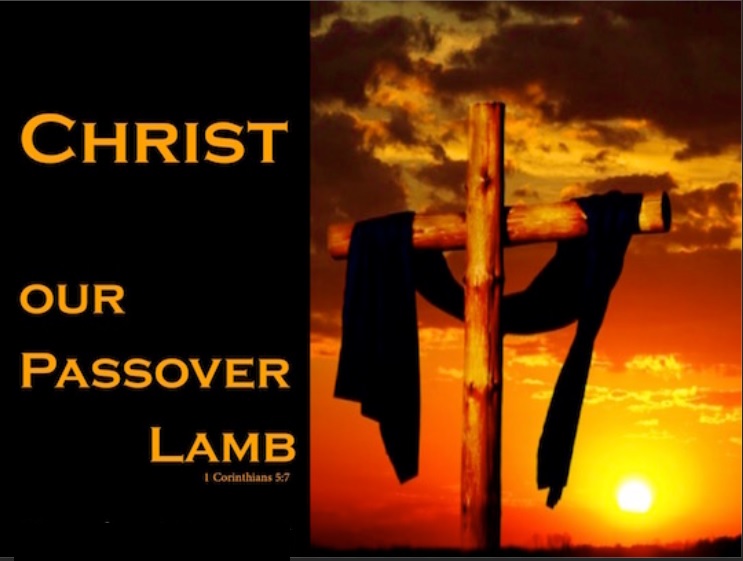“Go therefore and make disciples of all the nations…teaching them to observe all that I commanded you; and lo, I am with you always, even to the end of the age” (Matthew 28:19-20, NASB).
——————–
Contents:
1) Daily Bible Reading (Tom Edwards)
2) Jesus’ Triumphal Entry Into Jerusalem, The Cross, and The Exaltation (Tom Edwards)
3) Fruit Unto God (Tom Edwards, video sermon)
4) News & Notes
——————–

-1-
Daily Bible Reading
A new year will soon be upon us! Among the many New Year’s resolutions, let us make sure that one of those will especially be for continuing in daily Bible reading!
I’ve enjoyed doing that online this year — and audibly. Normally, of course, I read silently; but for the daily Bible reading, I like reading it aloud to myself — and even started cupping my hands behind my ears several months ago, which makes the words seem to penetrate deeper into the soul. You ought to try it! Be good to your soul by putting God’s word in it!
My favorite daily Bible reading plan is still Robert Murray M’Cheyne’s. It involves reading from 4 different books of the Bible each day. In a year’s time, you will have gone through the Old Testament once, and the New Testament twice.
Here’s what the plan looks like:
https://www.mcheyne.info/calendar.pdf
The plan is also freely offered through BibleGateway, if you sign up for it. That is what I use for this. It will always take you to the current day’s reading and will have all 4 readings on one page. If you have missed the previous day or days, you can always catch up by going back as many days as you need to. It also allows you to mark the reading for each day, so you can keep track of what you have already read.
This year is almost past, but I’ve already been looking forward to starting again with the daily Bible reading for 2021 that will begin in Genesis 1, Matthew 1, Ezra 1, and Acts 1 for day 1! It is food for the soul!
— Tom
——————–

-2-
Jesus’ Triumphal Entry Into Jerusalem,
The Cross, and The Exaltation
Tom Edwards
The Triumphal Entry
I imagine it was not planned that way; but last week’s daily Bible reading, for Tuesday, included Zechariah 9. In verse 9, it gives the following prophecy of Jesus’ triumphal entry into Jerusalem, which reads:
“Rejoice greatly, O daughter of Zion!
Shout in triumph, O daughter of Jerusalem!
Behold, your king is coming to you;
He is just and endowed with salvation,
Humble, and mounted on a donkey,
Even on a colt, the foal of a donkey.”
One of the New Testament books for that same day’s reading was the gospel of John, chapter 12. Notice verses 12-16:
“On the next day the large crowd who had come to the feast, when they heard that Jesus was coming to Jerusalem, took the branches of the palm trees and went out to meet Him, and began to shout, ‘HOSANNA! BLESSED IS HE WHO COMES IN THE NAME OF THE LORD, even the King of Israel.’ Jesus, finding a young donkey, sat on it, as it is written, ‘FEAR NOT, DAUGHTER OF ZION; BEHOLD, YOUR KING IS COMING, SEATED ON A DONKEY’S COLT.’ These things His disciples did not understand at the first; but when Jesus was glorified, then they remembered that these things were written of Him, and that they had done these things to Him.”
As we see in this passage, which shows the fulfillment of Zechariah 9:9, they “took the branches of the palm trees and went out to meet Him” (v. 13). In Matthew’s account, “Most of the crowd spread their coats in the road, and others were cutting branches from the trees and spreading them in the road” (Matt. 21:8, cf. Mark 11:8). So this is why man has given to that day the name “Palm Sunday.”
Concerning palm branches, Noah Webster gives as one of the definitions: “Branches of the palm being worn in token of victory, hence the word signified superiority, victory, triumph. The palm was adopted as an emblem of victory, it is said, because the tree is so elastic as when pressed, to rise and recover its correct position” (Webster’s Dictionary of American English, 1828).
In thinking of palm branches as signifying triumph and victory, consider the following from the Revelation letter (the book which shows the ultimate triumph of Christians through Jesus Christ):
“After these things I looked, and behold, a great multitude which no one could count, from every nation and all tribes and peoples and tongues, standing before the throne and before the Lamb, clothed in white robes, and palm branches were in their hands; and they cry out with a loud voice, saying, ‘Salvation to our God who sits on the throne, and to the Lamb.’ And all the angels were standing around the throne and around the elders and the four living creatures; and they fell on their faces before the throne and worshiped God, saying, ‘Amen, blessing and glory and wisdom and thanksgiving and honor and power and might, be to our God forever and ever. Amen'” (Rev. 7:9-12).
(Other parallel accounts of the Lord’s triumphal entry into Jerusalem are in Matthew 21:1-9, Mark 11:1-10, and Luke 19:12-16.)
The Cross
Jesus willingly went to Jerusalem on that “Palm Sunday” (John 10:17-18), knowing of the torment that was in store for Him (Matt. 20:18-19). He was brought before unlawful and mock trials (3 Jewish and 3 Roman); was severely scourged, probably near unto death (Matt. 27:26); and was taken outside the city where they nailed Him to a cross at a place called “Calvary” (from “kranion”), and also called “The Skull,” “Golgotha,” or “the Place of a Skull” (Luke 23:33; John 19:17). There He writhed in agony toward the needed goal of His death; and “for the joy set before Him endured the cross, despising the shame” (Heb. 12:2). For in that death, the atonement would be made, which would make salvation possible for every sinner of all time (Rom. 5:10; Eph. 2:16; Heb. 2:9; Heb. 9:15-16; 1 Pet. 3:18).
To think that just a few days after that triumphal entry into Jerusalem, when people were honoring the Lord with great shouts of praise, that from that same city a different kind of shouting soon was heard. For the chief priests had stirred up the crowd to oppose Christ and demand He be executed (Mark 15:11). So they were insistingly crying out, “Crucify, crucify Him! (Luke 23:21). “Away with this man, and release for us Barabbas!” (Luke 23:18). “Away with Him, away with Him, crucify Him!” (John 19:15).
Jesus died on the cross for even these who ruthlessly cried out for His death, and also for those mocking Him while He greatly suffered on the cross. For Jesus died for every sinner (Heb. 2:9; 1 John 2:2). And by His death, He made salvation possible for every transgressor who will submit to God’s plan of salvation (as seen below, following the “News & Notes” in this bulletin).
Jesus was crucified on Friday of that week, which man has called “Good Friday,” and arose from the dead on the following Sunday. It was not a literal three days of 24 hours for each day that the Lord’s body was in the tomb, but it could be called “three days,” according to the Jewish reckoning of time. For, to them, just part of one day would be considered a whole day. So part of Friday to part of Sunday would be three days — and which could also be expressed as “three days and three nights,” according to that same Jewish reckoning.
The Hebrew writer gives this following exhortation: “We have an altar from which those who serve the tabernacle have no right to eat. For the bodies of those animals whose blood is brought into the holy place by the high priest as an offering for sin, are burned outside the camp. Therefore Jesus also, that He might sanctify the people through His own blood, suffered outside the gate. So, let us go out to Him outside the camp, bearing His reproach. For here we do not have a lasting city, but we are seeking the city which is to come. Through Him then, let us continually offer up a sacrifice of praise to God, that is, the fruit of lips that give thanks to His name” (Hebrews 13:10-15).
The Exaltation
Following His death, burial, resurrection, and ascension, what a wonderful triumphal entry Jesus made into Heaven itself, where He was then given dominion, glory, and a kingdom so that people of every nation and every language might serve Him (Dan. 7:13-14). For He had accomplished everything He was supposed to while on earth — and, thus, made a way of salvation possible for all. Therefore, “God highly exalted Him, and bestowed on Him the name which is above every name, so that at the name of Jesus EVERY KNEE WILL BOW, of those who are in heaven and on earth and under the earth, and that every tongue will confess that Jesus Christ is Lord, to the glory of God the Father” (Phil. 2:9-11).
Because of Jesus, what a wonderful entry anyone can have into the glories of heaven itself — by submitting to God’s plan of salvation and faithfully continuing in His word. For so doing will not only lead us there, but also make life better for us on the journey!
(All Scriptures from the New American Standard Bible.)
——————–
-3-
Fruit Unto God
Tom Edwards
To hear this video sermon that was preached December 27, 2020, just click on the above title.
The gist of it: Just as the first fruits during the Mosaical Period were to be consecrated to the Lord as an offering to Him, even so, we who are Christians are also a type of “first fruits” in living a consecrated, holy, and dedicated life unto God.
——————–
-4-
News & Notes
Folks to be praying for:
We extend our condolences to all the family and friends of James Medlock (Bennie’s dad) who passed away Saturday morning at 94 years of age. Let us be keeping all his loved ones in prayer.
Marde Sweezy has now lost her sense of taste and smell due to the covid-19. We want to keep her in prayer, along with her mother, Ginger Ann Montero, who also has it. Marde’s husband Charles and Ginger Ann’s husband Bud tested negative for it.
Joyce Rittenhouse mentioned Joe Hersey, Tiffany Cothren, and Tiffany’s children (Rex and Cora) for prayer. They all have covid-19.
John Jordan is now healing from a recent appendectomy.
Doug Pennock has some cold symptoms, but is doing pretty well.
Danny Bartlett reported Saturday evening that he and his wife Jan are doing well, which we were glad to hear. Jan is now contagion free.
And for some more really good news: After more than 20 years, Doyle Rittenhouse is now pain free in his back! Even when he gets up and moves about! And the numbness that he had in his toes for about 15 years is also gone! Dr. Gage was able to perform the surgery in just 24 minutes! An incision that would usually be about 6″ was made in just 1.5″. Everything went very smoothly.
Elizabeth Harden’s due date is now just 8 days away (January 4). Her and her unborn have been doing well.
Others to also be keeping in prayer: the family and friends of Reavis Lamar Hickox, Reavis Lee Hickox, and the family and friends of Mary Elizabeth Rogers. Also Rick Cuthbertson, Vivian Foster, Larry & Janice Hood, Jim Lively, Judy Daugherty, Rex & Frankie Hadley, Jamie Cates, A.J. & Pat Joyner, Ronnie & Melotine Davis, Shirley Davis, Chris Williams, Tim Kirkland, and Cameron Haney.
——————–
The Steps That Lead to Eternal Salvation
1) Hear the gospel — for that is how faith comes (Rom. 10:17; John 20:30-31).
2) Believe in the deity of Jesus Christ (John 8:24; John 3:18).
3) Repent of sins. For every accountable person has sinned (Romans 3:23; Romans 3:10), which causes one to be spiritually dead (Ephesians 2:1) and separated from God (Isaiah 59:1-2; Romans 6:23). Therefore, repentance of sin is necessary (Luke 13:5; Acts 17:30). For whether the sin seems great or small, there will still be the same penalty for either (Matt. 12:36-37; 2 Cor. 5:10) — and even for a lie (Rev. 21:8).
4) Confess faith in Christ (Rom. 10:9-10; Acts 8:36-38).
5) Be baptized in water for the remission of sins (Mark 16:16; Acts 2:38; 22:16; 1 Pet. 3:21). This is the final step that puts one into Christ (Gal. 3:26-27). For from that baptism, one is then raised as a new creature (2 Cor. 5:17), having all sins forgiven and beginning a new life as a Christian (Rom. 6:3-4). For the one being baptized does so “through faith in the working of God” (Col. 2:12). In other words, believing that God will keep His word and forgive after one submits to these necessary steps. And now as a Christian, we then need to…
6) Continue in the faith by living for the Lord; for, if not, salvation can be lost (Matt. 24:13; Heb. 10:36-39; Rev. 2:10; 2 Pet. 2:20-22).
——————–
Tebeau Street
CHURCH OF CHRIST
1402 Tebeau Street, Waycross, GA 31501
We are currently meeting for only our Sunday 10 a.m. worship service each week, due to the coronavirus situation.
evangelist/editor: Tom Edwards (912) 281-9917
Tom@ThomasTEdwards.com
https://thomastedwards.com/go/all.htm/ (older version of the Gospel Observer website, but with bulletins going back to March 4, 1990)
